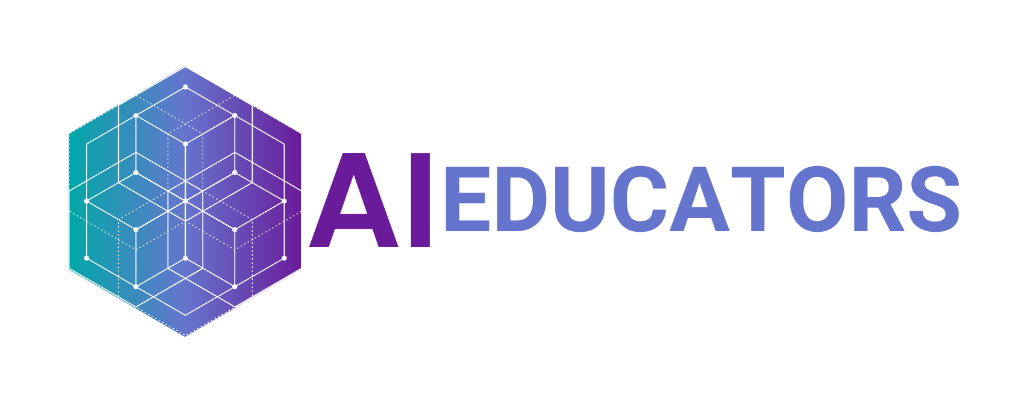Before integrating AI into the classroom, it's crucial to understand the potential risks to student privacy. AI systems often require vast amounts of data to function effectively, which may include sensitive personally identifiable information. Educators must be aware of the legal and ethical implications of collecting, storing, and using this data, as well as the potential consequences of data breaches or misuse.
To mitigate risks and ensure the ethical use of AI, schools must establish clear data governance policies. These policies should outline the types of data collected, how it will be used, who has access to it, and how long it will be retained. By transparently communicating these policies to students, parents, and staff, educators can foster trust and demonstrate their commitment to protecting student privacy.
Forward-thinking educators can leverage privacy-enhancing technologies to safeguard student data while still reaping the benefits of AI. Techniques such as data anonymization, differential privacy, and federated learning allow AI systems to learn from data without exposing personally identifiable information. By investing in these technologies, schools can strike a balance between innovation and privacy protection.
As AI becomes more prevalent in the classroom, it's essential to educate students on digital citizenship and the importance of protecting their personal information online. By incorporating lessons on online safety, data privacy, and responsible AI use into the curriculum, educators can empower students to make informed decisions and actively participate in safeguarding their own privacy.
The ethical use of AI in the classroom requires a delicate balance between embracing innovation and protecting student privacy. By understanding the risks, establishing clear data governance policies, implementing privacy-enhancing technologies, and educating students on digital citizenship, forward-thinking educators can consciously navigate this landscape. As we continue to explore the vast potential of AI in education, let us remain committed to prioritizing the safety and well-being of our students, ensuring that their personally identifiable information remains secure in the pursuit of enhanced learning experiences.


